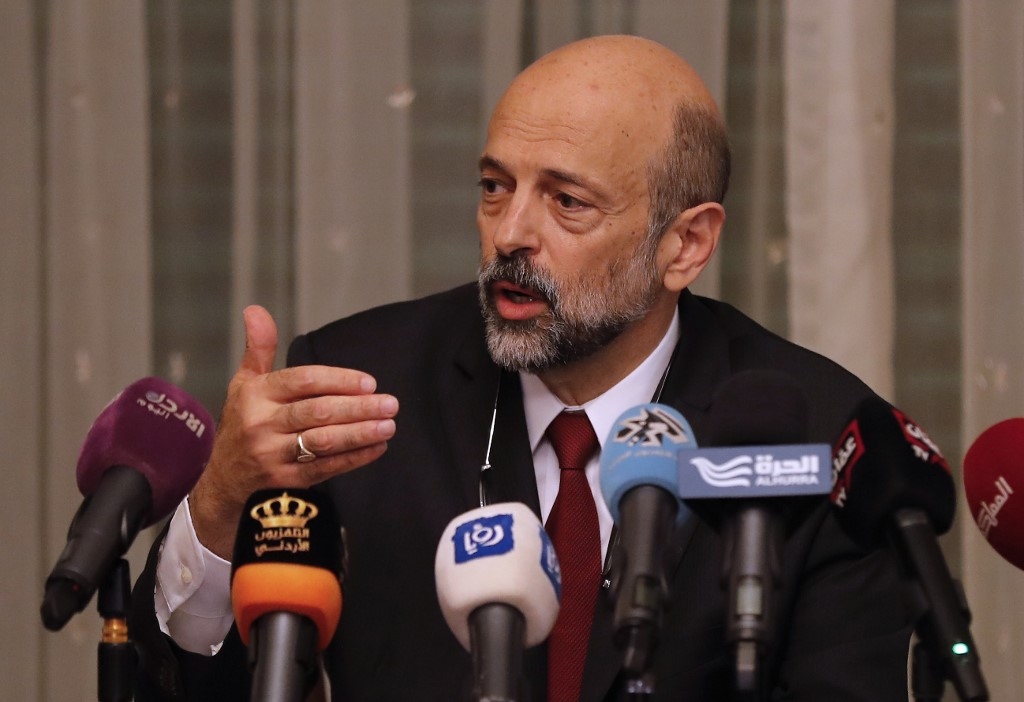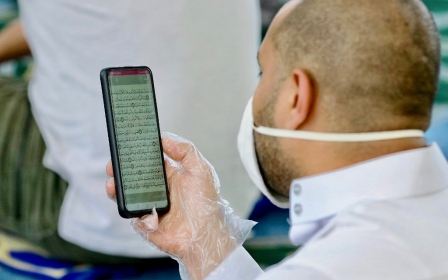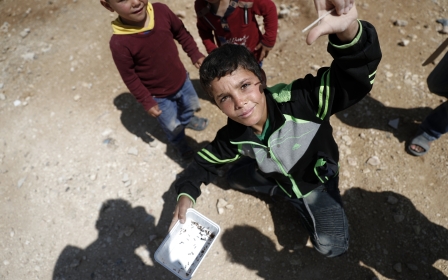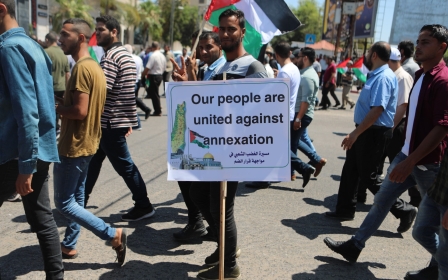Jordan deepens crackdown on tax evasion to plug economic hole worsened by coronavirus

Jordan's Prime Minister Omar al-Razzaz promised on Sunday to deepen a crackdown on tax evasion that officials say has deprived the country's cash-strapped economy of billions of dollars of revenue in recent years.
In a weeks-long campaign, the government has been targeting senior businessmen and former politicians suspected of tax-dodging, money-laundering and customs evasion. The drive has gained greater urgency with the hit to state finances from the Covid-19 pandemic.
"Protecting public money and fighting corruption is a national duty," Razzaz said in his weekly television address to the nation.
Tax authorities have raided around 650 companies so far, sometimes accompanied by security forces, according to officials who say this is the biggest campaign to combat tax evasion in decades.
The government said it had frozen the assets of dozens of companies and businessmen on suspected tax evasion charges. It added that it would track offshore havens where wealthy Jordanians have long parked cash to avoid taxes.
New MEE newsletter: Jerusalem Dispatch
Sign up to get the latest insights and analysis on Israel-Palestine, alongside Turkey Unpacked and other MEE newsletters
Political vendettas
Some critics have accused the government of using the campaign to carry out vendettas against its political enemies, including some of Jordan's leading business figures and former senior politicians, a charge the government denies.
Under a state of emergency declared since March in order to combat the coronavirus pandemic, the government has been using its wider powers to give prosecutors and the main anti-corruption agency greater powers, and stiffen penalties.
A two-month coronavirus lockdown has crippled Jordanian businesses and slashed state revenues by tens of millions of dollars, leading to the sharpest economic contraction in two decades.
The government expects the economy to shrink by 3.5 percent this year, a far cry from an International Monetary Fund (IMF) estimate of two percent growth before the pandemic.
The aid-dependent country, already undertaking a tough three-year IMF reform programme, tapped international debt markets this month to borrow $1.75 bn.
Middle East Eye delivers independent and unrivalled coverage and analysis of the Middle East, North Africa and beyond. To learn more about republishing this content and the associated fees, please fill out this form. More about MEE can be found here.




